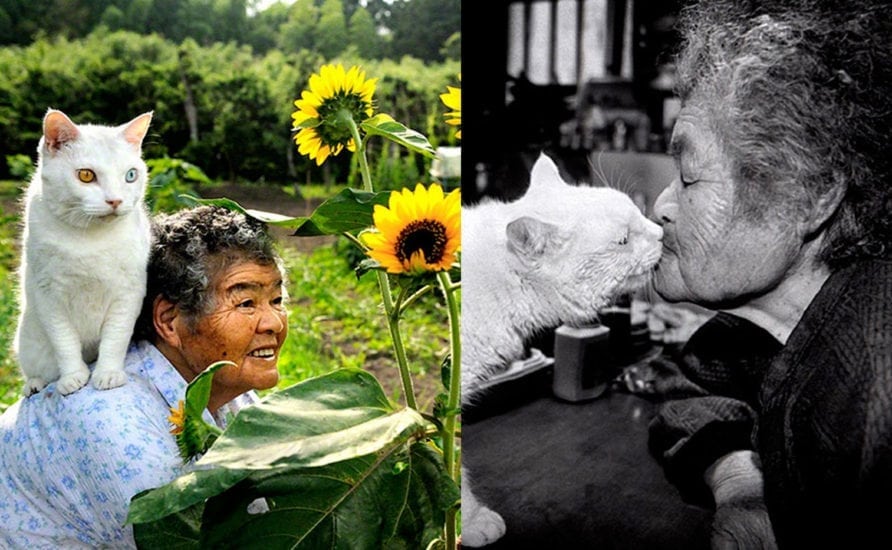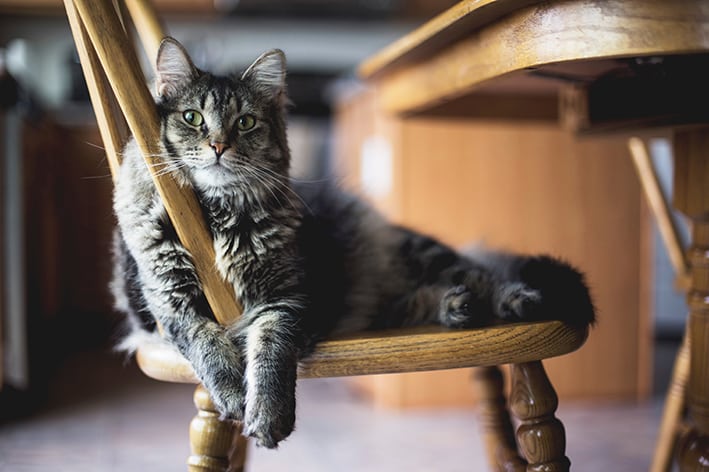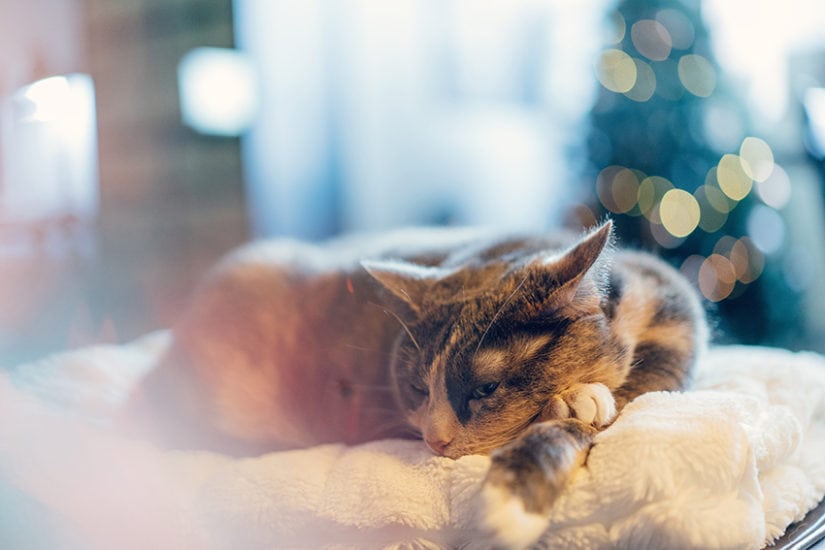
The Expected Lifespan of a Cat
Depending on the breed of the cat, their lifespan can vary quite considerably. An overweight cat, as with the human, will tend to have a shortened lifespan as they can develop health problems of diabetes or breathing problems, and the extra weight places additional strain and stress on their limbs and organs.

A cat that is well cared for, and has had good nutrition throughout its life will usually live comfortably into its late teens.
As the cat ages regular dental checkups will ensure that it will live longer by avoiding problems with gum disease and infections that can do damage to internal organs.
Cats are quite durable animals, and they do try to look after themselves where possible by eating the right food.
Their keen sense of smell helps them to avoid eating food that can cause illness, and often the cause of early death in domestic cats is due to their owners feeding them the wrong food.

Giving a cat a variety of food in its diet will ensure that it is getting all the necessary nutrients to maintain good health.
It is not wise to assume that your cat can survive well by feeding it the same dried food every day and not keeping a fresh supply of water constantly available.
Cats will go out hunting, and they will eat what they catch, even if you have been feeding them a nutritionally balanced diet.
If the diet is deficient they will be more inclined to hunt and find food that can maintain their health.
Giving your cat a warm, safe, stress-free environment, will extend their lifespan, and help them to be healthy enough to enjoy the geriatric years.
Regular exercise will help maintain good health for a domestic cat that will commonly sleep most of the day.
And don't be surprised to learn that there are many cats that have lived well into the early 20s.

Read More: Be Aware of Your Cats Needs
MORE ARTICLES
© My Awesome Cat
